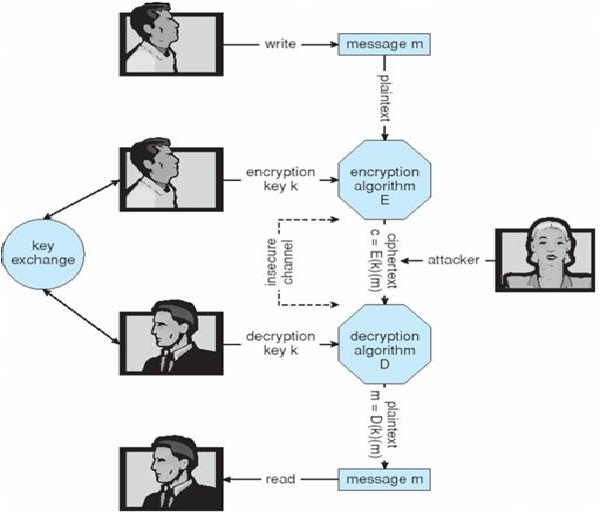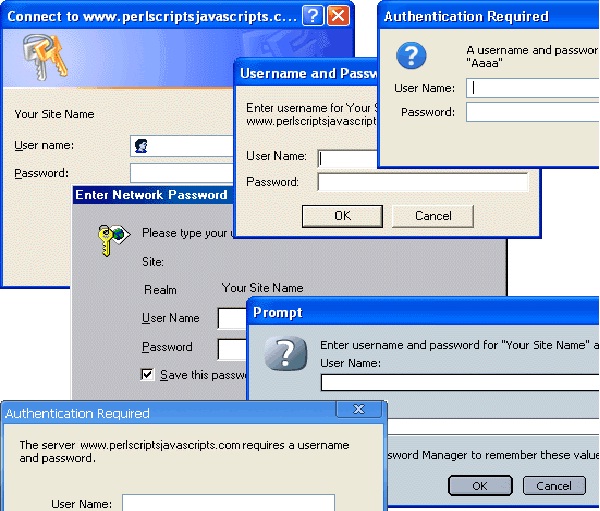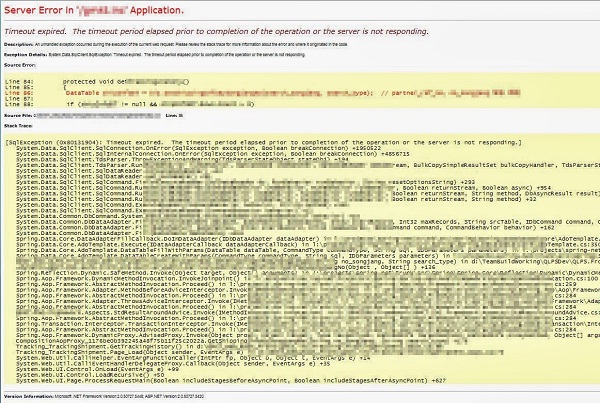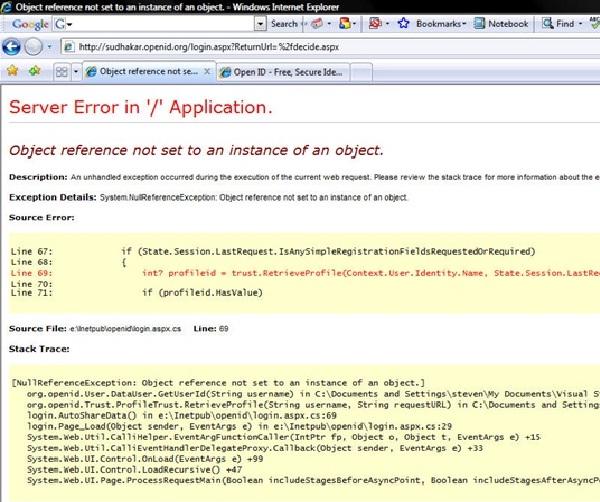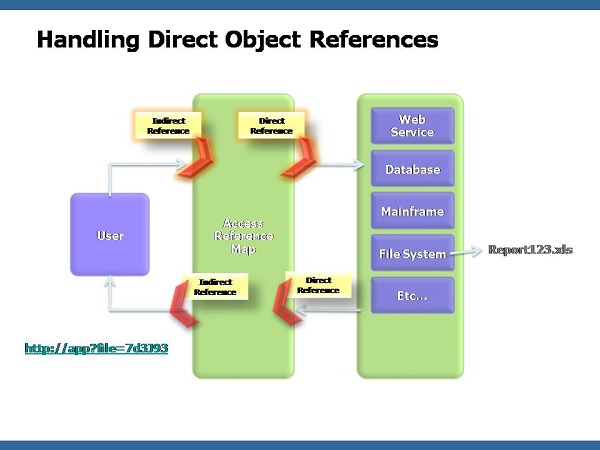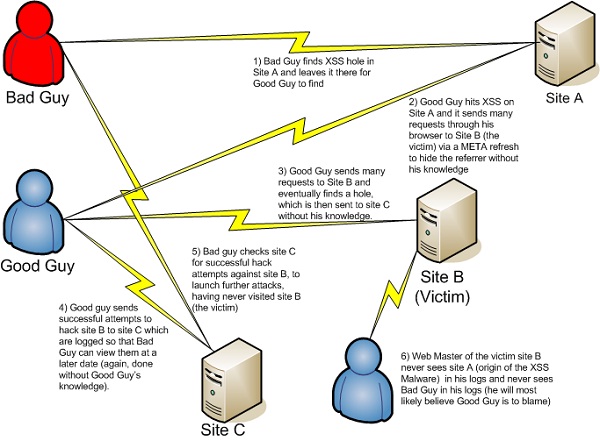Most Common Reasons Why Websites Get Hacked
Thursday, Aug 20, 2020, 7:43 am
Loading...
1.Not updating
Websites that use out of date software will always leave themselves wide open to attack simply because the hackers already know all of the flaws and problems with that edition and that is where they can then take advantage. You just need to look at the updates that come with the likes of Windows to see that there is an issue and it does mean you need to keep changing things to stop being hacked.
2.No restriction of URL access
There are often parts of websites where only a limited number of people are supposed to be able to access it. However, some websites will have no protection to limit the URL's and it leads to hackers basically guessing them and then being able to get access. This is worrying as it involves some luck initially before they then find it far too easy to take control.
3.Insecure communication
This problem occurs when things such as communications are not encrypted and more worryingly when credit card details are not encrypted when they are being entered into a website. This does mean that your details are at risk.
4.Authentication management errors
There can be a problem with administration accounts if the website does not end the login session in the correct way. This means passwords can be accessed and the hacker can then take control of the administration side of a website and deface it at will.
5.Insecure storage
Some websites are absolutely hopeless at encrypting their information and that does mean that they leave themselves open to being exploited. The problem here is that some website developers will think that they have indeed encrypted things, but in actual fact it is poorly done, so they are in a false sense of security when in actual fact hackers can get right in there.
6.Information leakage.
This is when the website is not as secure as it should be and hackers can then gain access to information on the actual configuration of the website. Of course when this happens they can then do basically whatever they want to the website.
7.Poor error handling
So there is an error in a website and people know about it. The problem here is that website owners are often then quite slow to react and make the relevant changes, so that then means that there is an open door for hackers to get into a website.
Loading...
8.Forging Cross Site Requests
What happens here is that the hacker is going to manage to take control of the browser of the victim as they are logged into a website and then use that to send fake requests. The reason why this is used is because most websites rely on things such as cookies for requests, so hackers can exploit this and that is why banks are targeted the most in this way.
See More: 15 Most Pointless Websites Ever
9.Direct object references
There can be a problem with a website whereby direct object references that are insecure can then be exploited in order to gain access elsewhere and in particular files and records that are held in a database. This is a huge issue and it is simply because of a lack of security on the website.
Loading...
10.Malicious files
If a website allows users to upload files or make changes to it, then hackers can exploit this and find a way into the system to then upload their very own files. Of course they are then going to be files that can be used to control the website.
11.Injections
If a website has a database, then that database is often left wide open to attack by a hacker who can inject code into the database and take control of it. This has happened even to government based websites, so do not think that only the small guys suffer from it.
Loading...
12.Cross site scripting
This is also known as XSS and it basically means that hackers can send malicious code to a website that uses Javascript and it is due to the site not validating the content before it is sent to the browser. In other words, a poorly executed website leaves itself wide open to this attack.
Report
Loading...
Related Content



